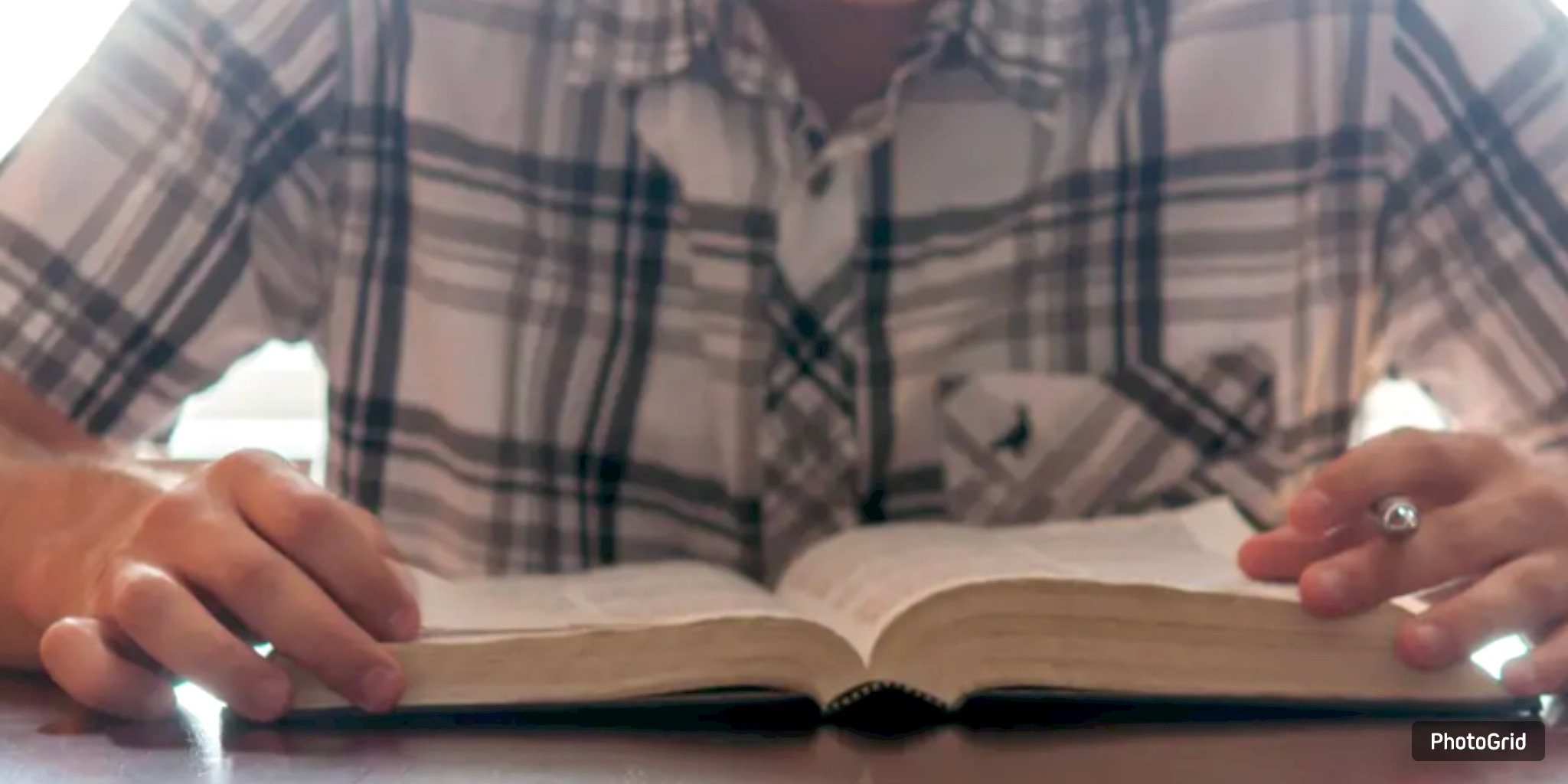Texas students returned to campuses under eight new laws that reshape the school day, including an all-day ban on cellphones, opt-in sex education, stricter discipline, new library oversight, and expanded accommodations for religious practices.

This August, Texas public schools began the academic year against the backdrop of recently implemented state legislation.
New regulations have been introduced that tighten controls on cellphone usage, bolster parental consent and oversight for health services, expand teachers' authority in disciplinary matters, and permit the display of religious symbols and prayer on school premises.
House Bill 1481 bans students from utilizing cellphones, smartwatches, and other personal communication devices throughout the school day, permitting exceptions solely for medical reasons or special education plans.
Nonetheless, devices provided by the district for educational use continue to be unaffected. On June 20, Gov. Greg Abbott enacted the measure, establishing a deadline for districts to implement policies and disciplinary rules by September 18. The 2026-27 budget designates $20 million in grants to support this implementation.
Advocates, such as author Rep. Caroline Fairly, R-Amarillo, point to issues of distraction and cyberbullying. A comprehensive package focused on parental rights has also progressed.
House Bill 2 outlines a significant increase in school funding, amounting to $8.4 billion, with nearly 50% of that allocation earmarked for salary enhancements for teachers and support personnel. Furthermore, it presents new allocations that grant districts enhanced flexibility concerning fixed expenses.
Senate Bill 12 presents a significant shift in sex education policy, moving towards an opt-in model that requires parental consent for students to access medical, psychiatric, or psychological services in schools.
Following claims that specific districts were neglecting standard care, Sen. Brandon Creighton, R-Conroe, and Rep. Jeff Leach, R-Plano, initiated measures on September 4.
On September 8, the Texas Education Agency provided clarification that they are permitted to administer first aid and general caretaking without the need for active consent. SB 12 introduces a significant change by ending programs focused on diversity, equity, and inclusion. It also bans school-sponsored clubs related to gender identity or sexual orientation.
Senate Bill 13 will significantly expand the scope of library oversight. This new legislation empowers parents by allowing them to access records of their children's library checkouts and establishes a procedure for parents to petition library advisory councils at schools. The councils will possess the power to suggest the inclusion or exclusion of books, and residents will be able to contest particular titles.
House Bill 6 introduces stricter discipline regulations, granting teachers enhanced authority to remove disruptive or unsafe students from the classroom. The legislation allows in-school suspensions to be implemented without a three-day limit while maintaining the current restrictions on out-of-school suspensions. It outlines that students of any age may be subject to suspension for ongoing or significant disruptions and requires documentation for the removal of children in kindergarten through third grade.
In a noteworthy update, Senate Bill 10 requires schools to display donated Ten Commandments posters in classrooms. Currently, this initiative faces challenges due to an injunction implemented on August 20, which affects 11 districts.
In the meantime, Attorney General Ken Paxton is encouraging additional districts to adhere to the display and is actively seeking appeals. Furthermore, Senate Bill 11 permits prayer or the reading of religious texts at designated times, provided that consent forms are submitted; however, it prohibits the use of loudspeakers for these activities.
Senate Bill 965 strengthens the rights of workers to share their religious beliefs or participate in prayer while on the job.
.jpg)
A Houston-area high school student was hospitalized Tuesday after suffering three shallow stab wounds during a fight at Grand Oaks High School in Conroe ISD. Authorities say the suspect has been taken into custody and there is no ongoing threat.